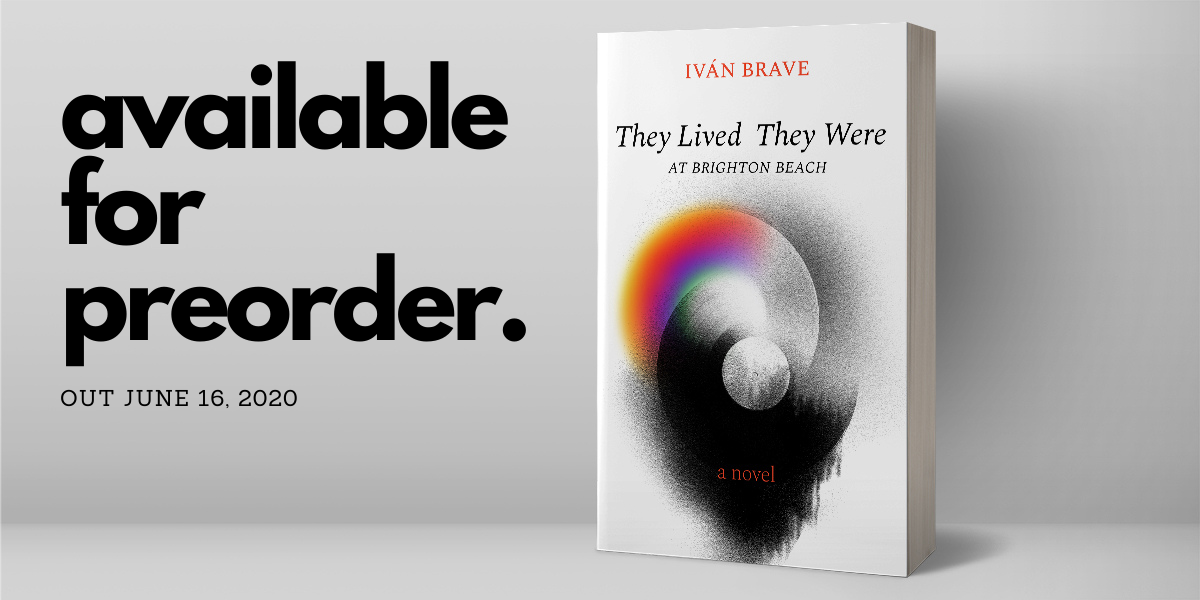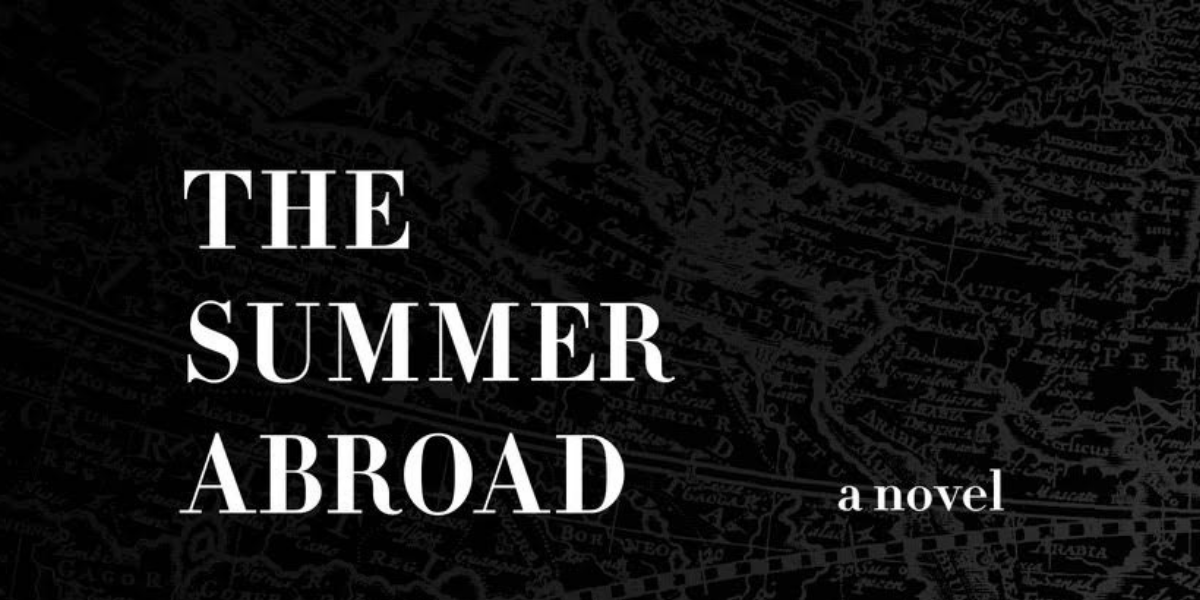
Plot & Structure Exercise 40: The Tool Chest [final exercise, to be updated constantly]
HERE I WILL SLIP AND SLIDE USEFUL TOOLS FOR WRITING — UPDATED: 11:11 AM, 26 Sept 2020 Motivation: Tell stories of transformation (how did you change?) Write about topics that fuel emotions (what upsets you, what politics, what news) Great fears (of yours and of others) Deep secrets (of […]












